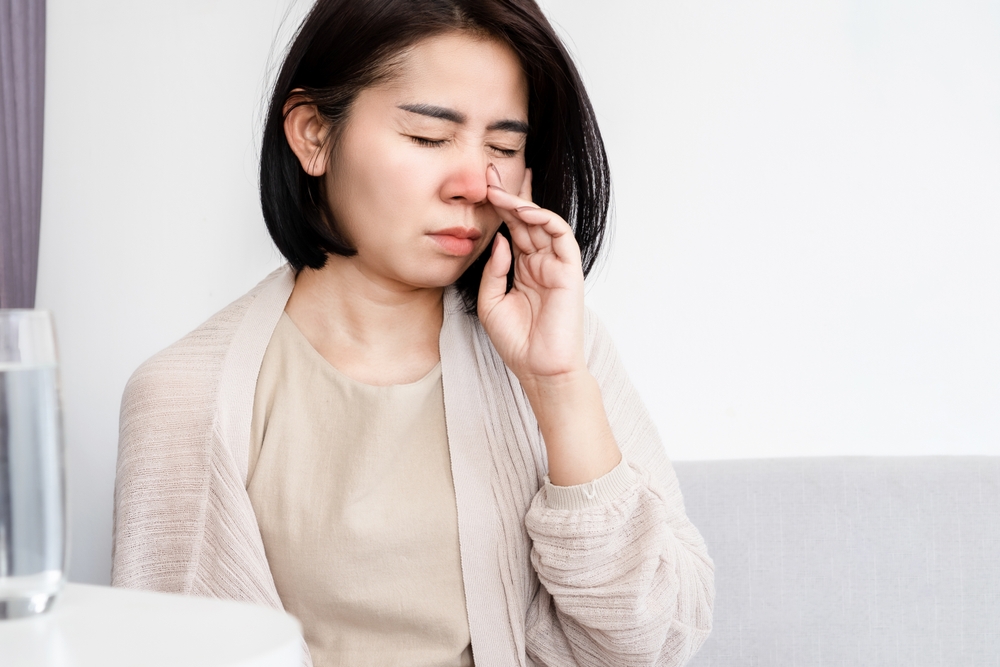Everywhere you turn, there are ads promoting the elimination of mold and fungus from our homes. These pesky invaders not only pose health risks but can also trigger allergies, making life less than ideal. Whether it’s rain, humid conditions, or any lingering moisture, mold and fungus find a way to thrive. Dive into what you should know about fungal sinusitis.
What are fungi?
With a staggering 100,000 fungal species, the possibilities for impact are extensive. Among the diverse array of fungi, mold, yeast, and mildew are just a few examples. From the visible large mushrooms in your yard to those requiring a microscope to be seen, fungi encompass a broad spectrum of living organisms capable of infiltrating our bodies through various means.
While common infections such as vaginal yeast infections (caused by Candida), toenail fungus, and thrush (a fungal infection of the mouth) are generally manageable, more serious types, like sinus cavity infections, can pose health risks if not promptly and appropriately treated.
What are signs of fungal sinusitis?
Upon fungal invasion leading to the onset of fungal sinusitis, the initial symptoms closely resemble those of regular sinusitis. Initially, individuals may experience:
- fever
- diminished sense of smell
- unpleasant nasal odors
- inflammation
- swelling of the nose
- nasal congestion
- pain and tenderness in the sinus area
- sinus headaches
For patients with compromised immune systems, the symptoms can escalate to more severe symptoms, including:
- neurological changes
- facial numbness
- pronounced swelling
- alterations in vision, including vision loss and potential blindness
- the protrusion of eyeballs
Why are fungal sinusitis cases increasing?
Fungal sinus infections seem to be steadily rising.
While we don’t have a proven cause, experts believe it could be due to the amount of antibiotics prescribed and the increase in resistance, having fungal sinusitis affects your immune system, and how often immunosuppressant drugs are being prescribed.
How is fungal sinusitis treated?
Treatment options for fungal sinusitis can vary, but could include:
- An antifungal drug
- A corticosteroid drug, as steroids can aid in diminishing inflammation and alleviating pressure
- Nasal rinses administered by an ENT to help in clearing mucus crusts and cleansing the sinuses
- Surgery, either through traditional methods or endoscopy, to eliminate the fungus and damaged tissue
Can I get fungal sinusitis again?
Unfortunately, many patients experience recurrence.
This can become a chronic condition, so don’t delay seeking medical care from an ENT specialist.
Find an ENT specialist near you if you are experiencing the signs of a fungal sinus infection or are experiencing a recurrence.



